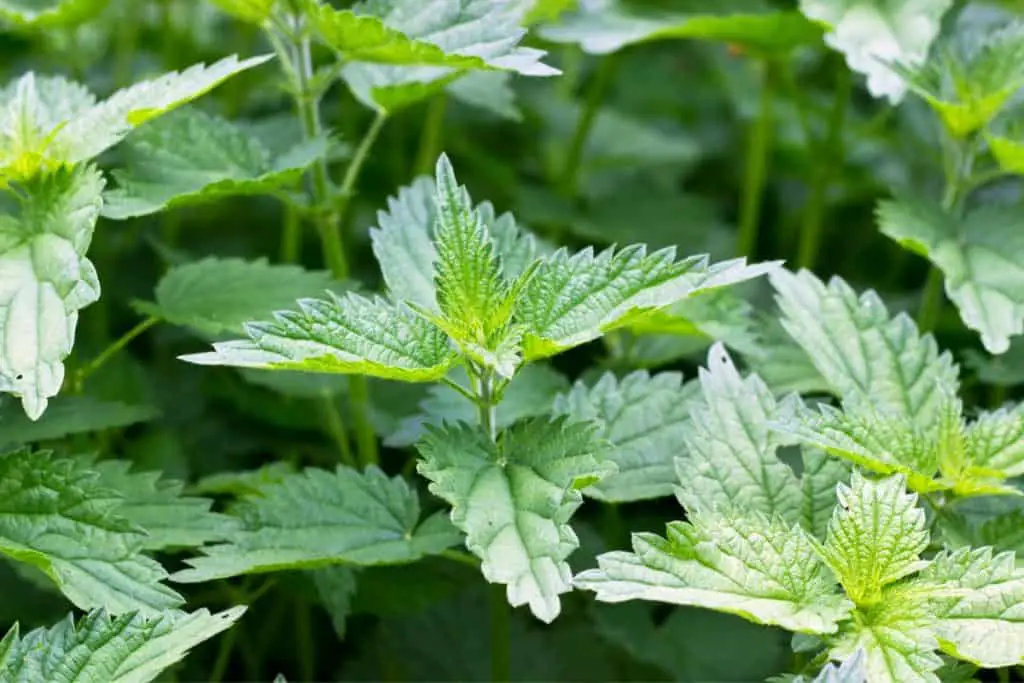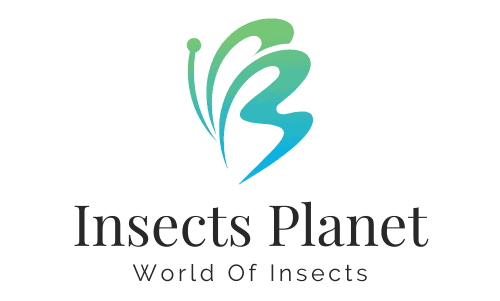Can Stick Insects Eat Nettles? Are you looking for a unique pet that is somewhat low maintenance? Well, stick insects are excellent for beginners, and those who are new to the world of exotic pets.
However, the problem with stick insects is many people, “especially beginners”, are unaware of their nutritional needs (diet), and simply feeding them any type of plants can do more harm than good!
For starters, stick insects are primarily herbivores, meaning they feed on a variety of plants from Bramble, Hazel, Privet and Ivy leaves the list goes on! But, what about the leaves from nettle plants?
Can stick insects eat nettles? and if so how much should they safely consume?
Can Stick Insects Eat Nettles?
Although there is no concrete evidence as to whether or not stick insects can eat nettles, it’s generally advised that they refrain from consuming this plant due to its potential toxicity.
Take Note: Nettles contain certain compounds called formic acid, tartaric acid, and oxalic acid, which can be highly toxic for some animals or even insects if ingested in large quantities!
Also, the urticating hairs on nettles can cause irritation and discomfort for some stick insects if they come into contact. Therefore, it’s best to avoid them altogether.
Do Stick Insects Eat Nettles In The Wild?
Stick insects inhabit a variety of habitats in warm and tropical regions around the globe and prefer eating foliage from certain plants and trees rather than others.
Surprisingly though, studies have shown that nettles don’t seem to make the list.
Despite nettles growing abundantly in many stick insect habitats in the wild, there has been no documented evidence of these insects actually consuming them.
As such, it’s believed that stick insects simply don’t have a taste for nettles.
Related Article:

Should You Feed Nettles To Stick Insects?
While there is some evidence that nettles may benefit certain species of insect, the same can’t necessarily be said for the stick insect.
Given that the diet of stick insects consists mainly of foliage from their natural environment, it would be very unusual for them to crave nettles.
Though various sources may recommend feeding them this type of vegetation, there is actually no evidence that doing so has any positive effects.
Because there is very little evidence to suggest that stick insects eat nettles or even benefit from them in any way. As a result, it’s best to avoid feeding this type of plant to your pet.
Instead, it’s wise to instead stick to more studied and proven staples in their diet such as bramble and holly – these are known to provide vital nutrition without any negative consequences associated with unfamiliar plants like nettles.
Alternatives To Nettles
Unfortunately, nettles aren’t the best choice when it comes to feeding stick insects. Fortunately, there are plenty of alternatives to nettles that you can feed your stick insect. These include:
- Bramble Leaves
- Hazel Leaves
- Privet Leaves
- Ivy Leaves
- Mulberry leaves
- Oak leaves
- Dandelion leaves
All of these types of foliage are safe for your pet, and provide much-needed nutrition needed to stay healthy and fit!
Conclusion
Stick insects are excellent beginner pets, but it’s important to be aware of their nutritional needs. While nettles may provide certain benefits for some species of insect, the same doesn’t necessarily apply to stick insects.
Therefore, it’s best to be on the safe side and avoid feeding nettles to your pet.
Related Article:
